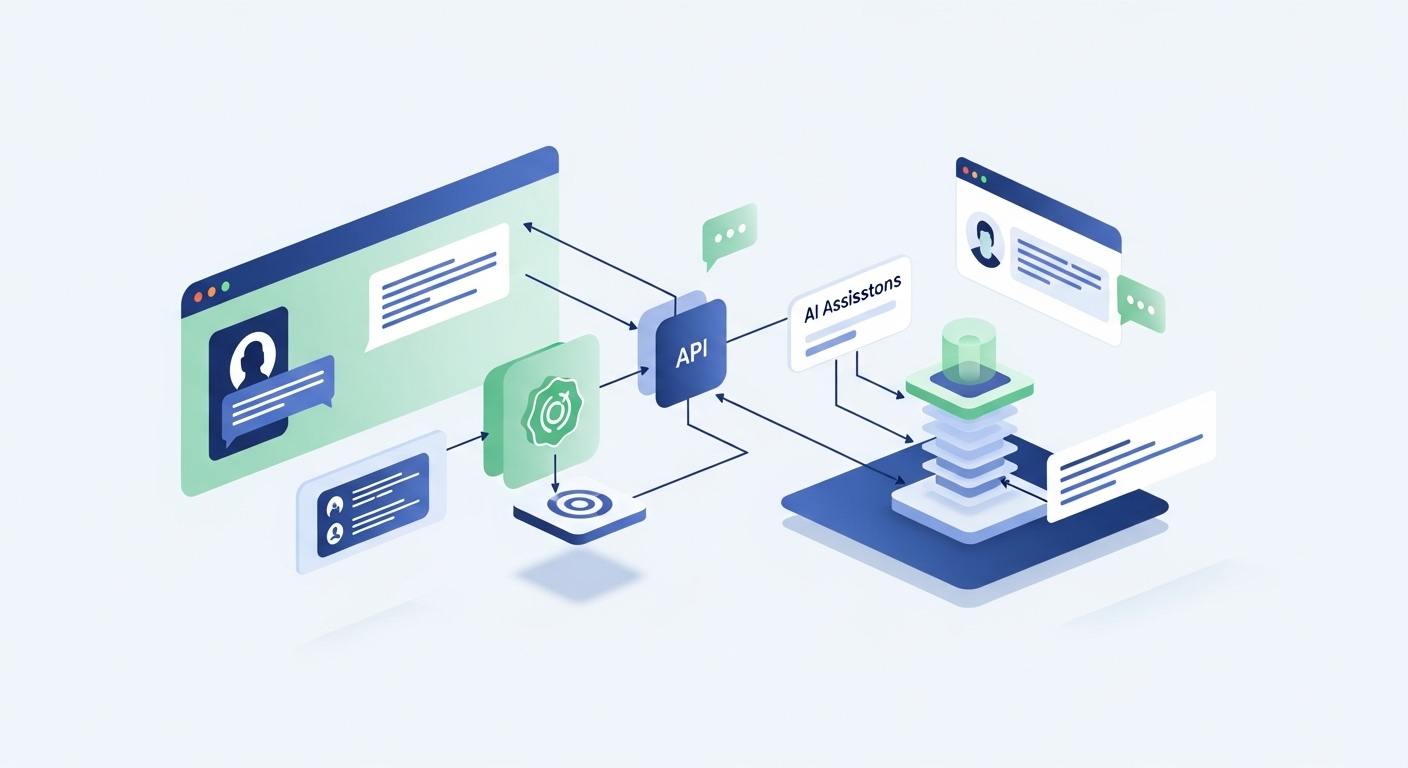How to grow your business with data
Scaling your business with data means moving beyond gut-feeling decisions to a strategy grounded in evidence. In the B2B world—where efficiency, responsiveness, and personalization are critical—data analytics becomes a key growth accelerator. By transforming massive volumes of raw data into actionable insights, organizations can streamline operations, enhance customer experiences, and make smarter, faster strategic decisions.

What is data analytics and why does it matter?
Data analytics goes far beyond generating reports. It’s a discipline that blends mathematics, statistics, artificial intelligence, and computer science to convert raw data into meaningful business insights. Through different types of analysis—descriptive, diagnostic, predictive, and prescriptive—companies can answer critical questions:
- What happened?
- Why did it happen?
- What might happen next?
- What should we do about it?
The power of analytics lies in its versatility—it can be applied across departments, from operations and customer service to marketing and corporate strategy.
Real-time operations optimization
One of the most tangible uses of data analytics is improving operational processes. In manufacturing, for instance, it enables real-time inventory monitoring, bottleneck detection, and failure prevention. By analyzing historical data, businesses can implement predictive maintenance, reducing downtime and boosting productivity.
Real-time alerts and simulation models also empower teams to act quickly during unexpected events, enhancing resilience and agility.
Smarter, more personalized marketing
Growth also stems from knowing your customer better. By integrating data from physical stores, online platforms, and social channels, companies can identify behavioral patterns and adjust campaigns on the fly.
Accurate segmentation leads to more efficient media spend and highly targeted messages that resonate with specific audiences. The result: higher conversion rates, lower costs, and better ROI.
Enhancing the customer experience
Today, knowing your customer isn’t enough. Market leaders are already anticipating needs and adapting every touchpoint in real time. Data analytics helps measure satisfaction, identify pain points, and understand the root causes of friction across the journey.
It can also track internal metrics—like support team performance or complaint volume—helping businesses design smoother, more personalized experiences that improve retention and reduce churn.
Strategic decisions backed by data
Building a truly data-driven culture empowers organizations to navigate uncertainty with confidence. Whether planning budgets or expanding into new markets, using reliable data minimizes risk and improves decision accuracy.
It also fosters cross-team alignment, as everyone works from a shared source of truth—boosting coordination and strategic focus.
Spotting hidden opportunities and emerging trends
Another major benefit of data analytics is the ability to uncover what others can’t see yet. With predictive analytics and machine learning, companies can identify behavior patterns, spot early trend shifts, and forecast demand more accurately.
This proactive insight enables smarter product development and positions businesses to stay ahead in fast-changing markets.
Continuous innovation and intelligent automation
Integrating generative AI and machine learning models not only enhances existing processes—it also opens the door to new value streams. From recommendation engines to automated commercial decisions, smart use of AI drives digital innovation and helps companies respond to market demands faster and more effectively.
A structured approach: the data lifecycle
To generate lasting value from data, you need a clear, repeatable process:
- Business understanding: Define key goals and questions.
- Data collection: Integrate internal and external sources.
- Data preparation: Clean, transform, and validate the data.
- Exploration and visualization: Identify patterns, anomalies, and insights.
- Modeling and prediction: Apply AI and statistical techniques.
- Effective communication: Turn findings into actionable business decisions.
Following this lifecycle ensures that your analytics efforts deliver measurable, long-term results.
Essential tools for data analytics
Today’s technology ecosystem makes it possible to tailor data analytics for businesses of all sizes:
- Microsoft Excel – For quick, lightweight analysis
- Power BI and Tableau – For interactive dashboards and data storytelling
- Python and R – For advanced data modeling and automation
- Google Analytics – For digital behavior and web performance insights
- SAS – For enterprise-level statistical analysis
You can also leverage integrated platforms from providers like MAS Analytics, which combine cloud-based machine learning, customer data platforms, and predictive modeling in one solution.
Take your business to the next level with 2Brains
Scaling your business with data isn’t just a tech challenge—it’s a strategic move. It requires vision, structure, and a team that knows how to turn information into measurable business outcomes.
At 2Brains, we combine technical expertise with business insight to help you implement data analytics solutions tailored to your needs. From assessment to execution, we’re with you every step of the way—always focused on delivering real, tangible results.
Ready to turn your data into decisions that drive impact? Let’s talk.
At 2Brains, we’re here to be your strategic partner in data intelligence and digital transformation.


